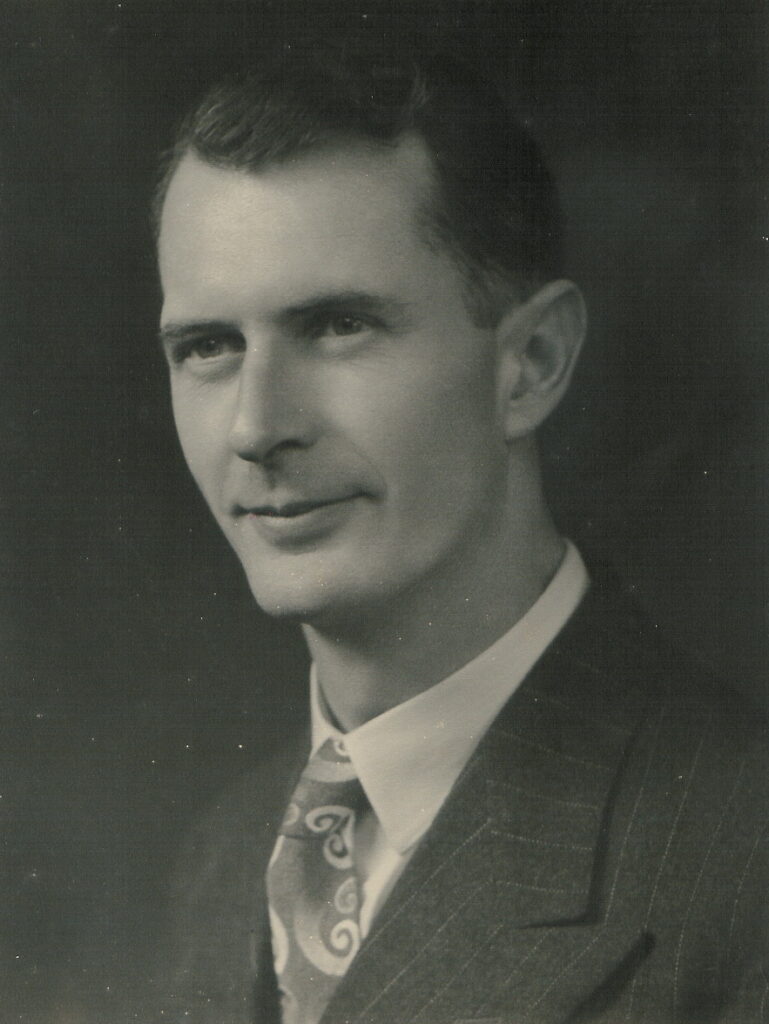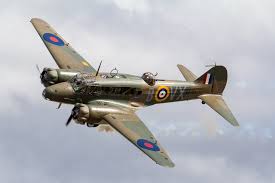Having narrowly escaped death in London during the Blitz, Norman Smith and his family were homesick for the sunnier climes of the Union [South Africa]. Little did he foresee being attacked when embarking onto the ship home in Liverpool. This is their story as narrated by Norman Smith.
Main picture: Avro Anson
August. 1941. Mother and I have funked out of London at last and are living temporarily in a small house in Bowness-on-Windermere, in what used to be called the Lake District. She had not yet got over the shake-up at Winchester Court nearly a year before and occasionally had shivering fits and gazed into space. [See blog entitled The Forgotten Sketch for experiences during the Blitz of London]
We had applied to the Ministry of Shipping for passages back home months before and were condemned just to wait patiently. We were advised, however, to remain in readiness to depart at 24 hours’ notice. At last the great moment arrived and we were told to proceed to the Prince’s Landing Stage at Liverpool and to maintain the greatest secrecy about our movements. This we did. However, as our train pulled in to the dockside station we were intrigued to see a porter trotting along the platform calling out “Passengers for Cape Town – ‘City of Marseilles “.
Embarkation formalities completed, I set out to explore my new surroundings. The sight of a couple of masts and funnels poking forlornly above the waters of the Mersey did nothing to heighten my enthusiasm for the voyage ahead. The two ornamental birds on the turrets of the Liver building looked gloomily over the river – I remembered “Lord Haw-Haw” (the Irish announcer on Germany’s Zeesen radio) promising a couple of nights ago “We shall soon make those Liver birds fly!”
Dinner time over. I took a few turns around the darkening decks and chatted with my cabin mates. One was an engineer heading for an assignment somewhere in Kenya and the other was a newly-qualified dentist homeward-bound for East London. I finally turned in and was just beginning to drift off to sleep when the rising wail of the air-raid sirens brought me back to reality. Instinctively I raised myself on one elbow, ready for whatever might happen. Then I thought. “What the heck – there’s nothing I can do about it!” and settled down again in my bunk. But it wasn’t the time for the Liver birds to fly.
The next day, the convoy having assembled, the City of Marseilles steamed down the Mersey and out into the Irish Sea.. The sky was overcast and there was a light fog over the water.
Because we were in very dangerous waters the passengers were required to remain inside the ship. but my turn came when the ship was well into St.George’s Channel and I was halfway between two doorways when, above the swish of the sea overside, came the unmistakeable growl of a rapidly-approaching aircraft. I looked quickly from one entrance to the other – which one to dash to? An anxious glance up at the murk overhead revealed a prowling Avro Anson of Coastal Command. just above mast height. It disappeared into the mist, leaving me to stroll most nonchalantly into the lounge.
Note on the author
Norman Smith was the son of Harold Bayldon Smith, the last owner of No. 7 Castle Castle Hill. Writing was clearly one of his skills. I have included the articles on Port Elizabeth under Port Elizabeth of Yore whereas those of a general interest have been published under Norman’s name. In about 1949 Norman Smith graduated from UCT as an electrical engineer and before his retirement he was the planning engineer for Port Elizabeth Electricity Department.



